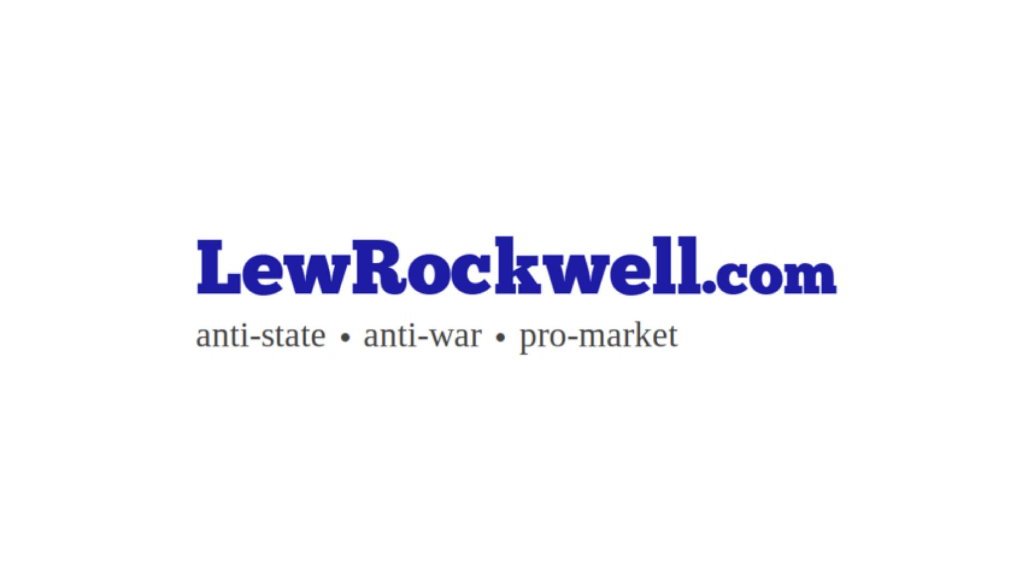Trump’s Plan To Bring the Hammer Down on the Deep State’s Foreign Aid
Hot damn!
Not only has Elon Musk brought the hammer down on the entirety of the Deep State’s foreign aid boondoggles, but his sleuths have apparently also uncovered one of the Swamp’s most pernicious artifices. To wit, numerous Federal agencies, including USAID, purchase a shit-ton of expensive subscriptions from beltway megaphones like Politico, which by pure happenstance, of course, favor their agency subscribers with a steady patter of “news” that tracks right down the UniParty fairway.
And we aren’t talking chump change. These “subscriptions” for the “pro” version of various Politico newsletters, for instance, come at $3,000 to $24,000 a pop. Since two of the latter were purchased by the climate crisis bureau over at USAID you have to wonder what that had to do with feeding the world’s starving masses or why USAID bureaucrats needed high-priced climate policy gossip when their inboxes were already flooded with free climate change propaganda from dozens of other Federal agencies, Federally-funded think tanks, NGOs and anti-fossil fuel activists.
As it happened, the tab across all Federal agencies just for the various Politico publications accumulated to $8.2 million over the past nine years according to USASpending.gov. Since most of that cash flow was due to purchase of the high-price “pro” versions, we can only imagine the “deep” insights that must be contained in the “Politico Pro Analysis” at $5,000 per year. Well, at least compared to the regular political gossip/news contained in the standard “Politico” subscription at $200 per year that a smattering of political junkies out in Flyover America apparently purchase.
Yes, we have a thing against Politico mainly because it almost always comes down on the side of more government, more climate crisis claptrap, more Nanny State meddling and more war. But we also recall that it was founded by two former Washington Post reporters—a fact that triggered a trip down memory lane with respect to the one and same foreign aid spending machine that Elon has now sent crashing.
To wit, shortly after the inauguration in 1981 we were finishing the first Reagan budget and had taken a pretty good 33% whack out of foreign aid in a proposal sent over to the State Department on January 27th. Yet the ink was hardly dry on OMB’s detailed and well justified plan to save what was big money back then—about $2.6 billion per year–when our confidential budget “pass-back” to the State Department found its way into a screaming front-page Washington Post headline the very next day!
The tone, of course, was that you pencil pushers at OMB don’t dare interfere with the august business of running the world from Foggy Bottom and the Pentagon on account of budgetary considerations. In fact, when we had our showdown over the matter with the Secretary of State in front of President Reagan the former had a truly goofy way of teeing up the matter.
Said former General Al (“I’m in charge here”) Haig,
“Mr. President, your bean-counting budget director wants to embarrass you before the entire world by having you rear-back and shove your head straight into a pencil sharpener!”
Honest injun. That’s what the man said, apparently on the belief that spending in service of the Empire was not a matter for green eye-shades to trifle with, as the lead paragraphs of the Washington Post story make clear
The Washington Post
Huge Cutback Proposed in Foreign Aid
Reagan’s Budget Director Proposes Huge Cutback in U.S. Foreign Aid
January 28, 1981
By John M. Goshko
President Reagan’s budget director, David A. Stockman, has proposed the biggest cutback of the U.S. foreign aid program since its inception in the aftermath of World War II. It would slice enormous chunks out of every phase of development assistance, tie it close
Article from LewRockwell

LewRockwell.com is a libertarian website that publishes articles, essays, and blog posts advocating for minimal government, free markets, and individual liberty. The site was founded by Lew Rockwell, an American libertarian political commentator, activist, and former congressional staffer. The website often features content that is critical of mainstream politics, state intervention, and foreign policy, among other topics. It is a platform frequently used to disseminate Austrian economics, a school of economic thought that is popular among some libertarians.



